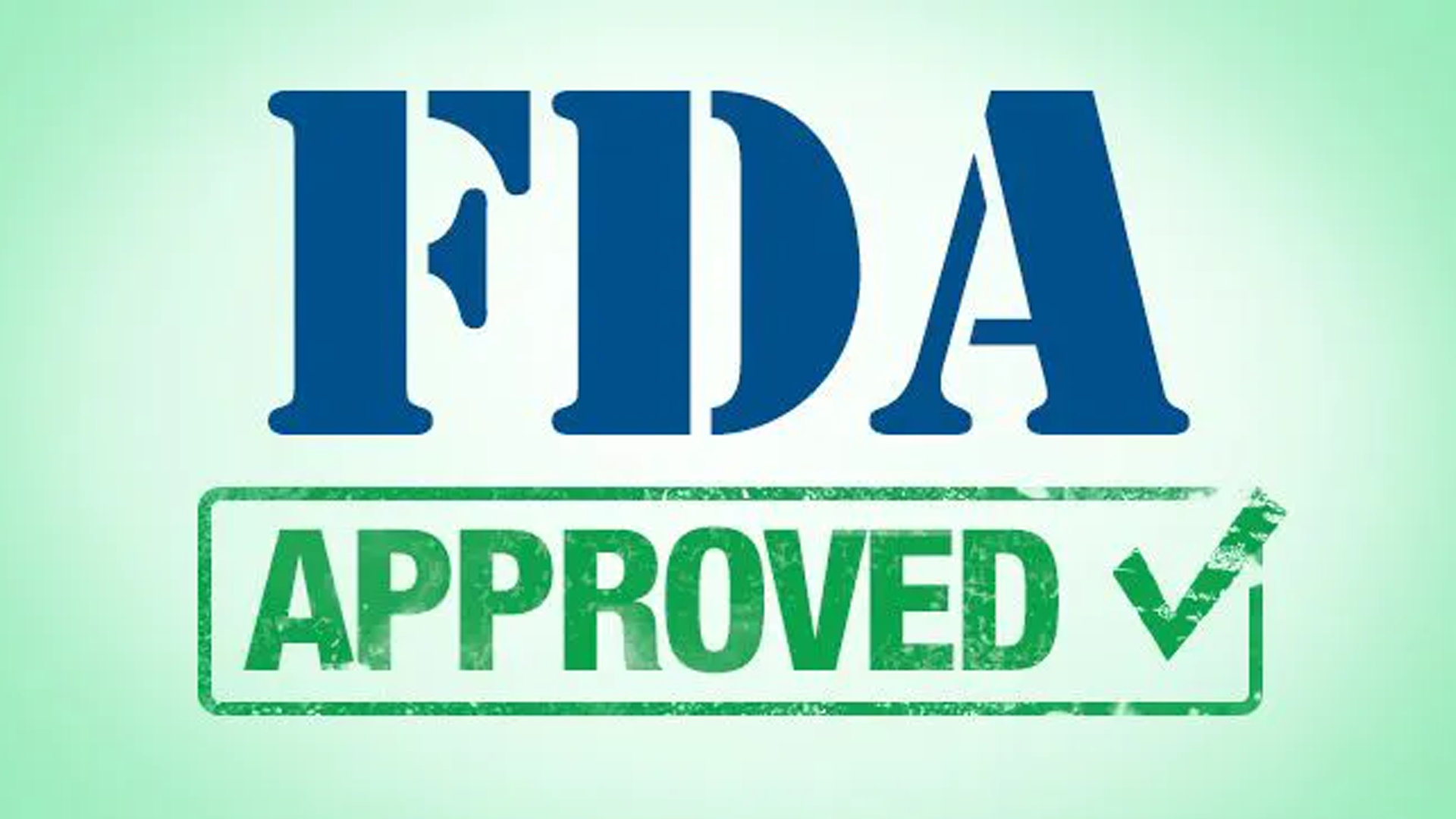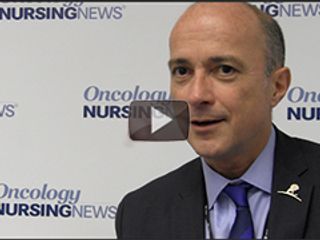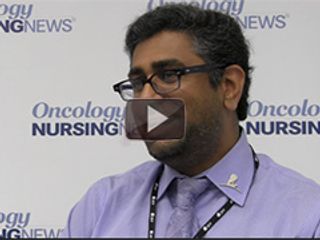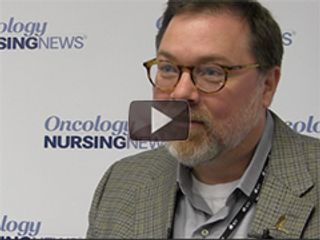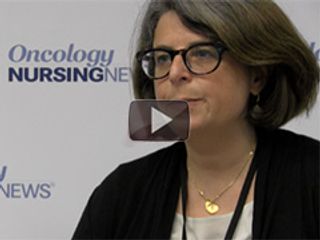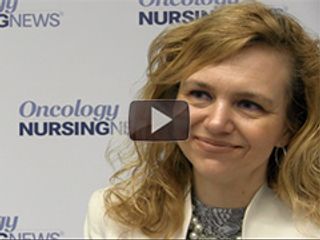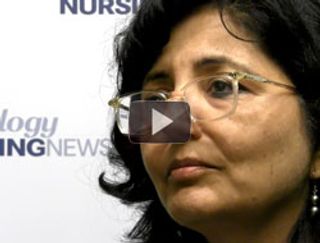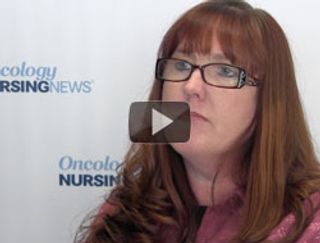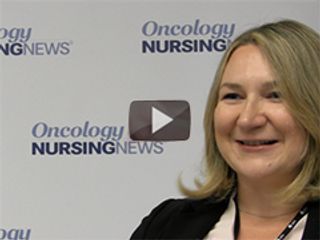
Pediatric Cancer
Latest News

Latest Videos

CME Content
More News

According to Fennec Pharmaceuticals, the National Comprehensive Cancer Network is updating it guidelines to recommend injections of sodium thiosulfate to reduce the risk of ototoxicity in pediatric patients receiving cisplatin.

In this episode of The Vitals, we recount the oncology drugs that received FDA approvals in 2022.

Adolescents and young adults who have cancer also have a negative body image, financial toxicity, and concerns about family planning.

Nurse investigators created an enteral nutrition standardized pathway for pediatric patients about undergoing hematopoietic stem cell transplantation.

Patients who receive high cumulative doses of triple intrathecal therapy may be at an increased risk of neurocognitive problems.

In this episode of "The Vitals," Ellen Miller, MSN, FNP-BC, talks about meeting a patient who realized she wanted to get pregnant after undergoing chemoradiation as a teenager.

Jesus Cepero, PhD, RN, highlights the value of holistic care environments in pediatric oncology.

The FDA has approved sodium thiosulfate to protect the hearing of pediatric patients who are at least 1 year old and are receiving cisplatin-based treatments.

Innovative strategies are needed to ensure that adolescents and young adults with cancer who prefer to die at home are able to make that choice.

Ibrutinib is now an FDA-approved treatment for patients aged 1 year or older who have chronic graft-versus-host-disease. Prescription warnings include bleeding and cardiac problems, infections, high blood pressure, a decrease in blood cell count, and tumor lysis syndrome.

Pediatric oncology nurses and social workers routinely collaborate not only in the biopsychosocial assessment of families’ psychosocial needs and distress, but in developing interventions that can improve a patient’s and family’s quality of life while in pediatric cancer treatment and in survivorship.

A single-center study evaluated the efficacy of saline flush in pediatric patients with central venous access devices.

Updated data from the phase 3 BELIEVE trial revealed a sustained reduction in the need for red blood cell transfusions among patients with β-thalassemia who received treatment with luspatercept-aamt.

Heavily pretreated pediatric and young adult patients with relapsed or refractory B-cell acute lymphoblastic leukemia maintained response with tisagenlecelucel according to long-term follow-up data from the phase 2 ELIANA trial.

Standard chemotherapy plus sorafenib achieved clinical benefit in pediatric patients with FLT3-ITD–positive acute myeloid leukemia.

In this episode of The Vitals, Donna Herrera Bell, MSN, APRN, FNP-C, highlights how nurses can eliminate barriers to fertility discussions among adolescent and young adult patients with cancer.

The rise of social media platforms has helped foster a community for adolescent and young adult patients with cancer.

Azacitidine (Vidaza) is now FDA approved for pediatric patients with newly diagnosed myelomonocytic leukemia.

Michelle Mollica, PhD, MPH, RN, OCN, senior advisor in the NCI Office of Cancer Survivorship, discusses different long-term care considerations for nurses caring for patients with cancer.

Childhood cancer survivors may benefit from high-risk obstetric care despite being able to conceive and give birth safely.

A comprehensive literature review underscores research gaps into optimal exercise regimens for childhood cancer survivors.

Janice Post-White, PhD, RN, FAAN, an oncology nurse and caregiver, discusses how she handled the guilt she felt following her son’s leukemia diagnosis.

An expert discusses the consequences of cisplatin-induced hearing loss and ongoing research efforts to eliminate this associated risk for children receiving the treatment.

Janice Post-White, PhD, RN, FAAN, an oncology nurse and caregiver, comments on how the act of writing allowed her to process previously suppressed emotions.

In this episode of “The Vitals,” Dr. Janice Post-White discusses how she balanced working as an oncology nurse through her child’s cancer diagnosis, and the lessons she learned from the experience.

